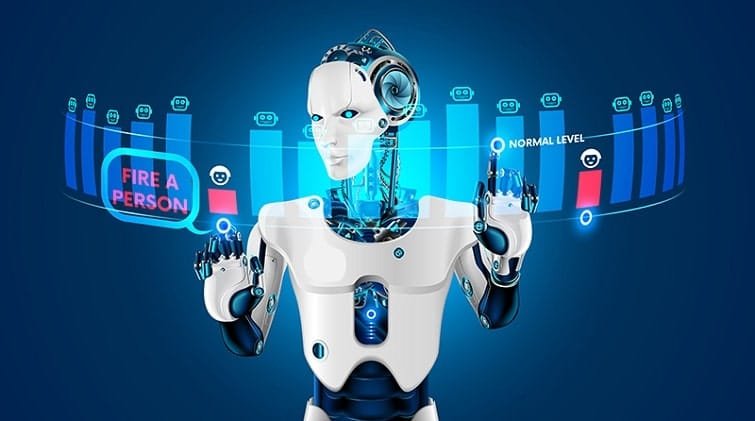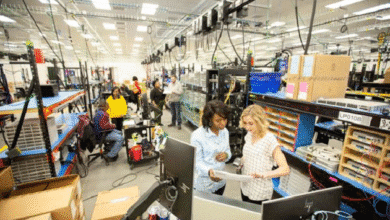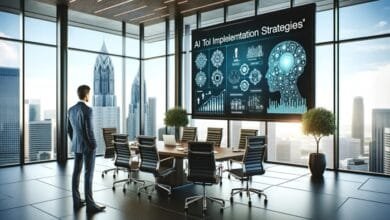The Future of Artificial Intelligence: A Landscape of Promise and Challenge

speech on future of artificial intelligence
Artificial intelligence (AI) has rapidly transformed from science fiction to a tangible force shaping our world. From the virtual assistants in our pockets to the algorithms powering our social media feeds, AI’s influence is undeniable. What does this potent technology’s future hold, though?
A Brighter Tomorrow: Potential Applications of AI
The potential applications of AI are vast and hold immense promise for improving our lives. Here are just a handful of the fascinating options:
- Revolutionizing Healthcare: AI can analyze medical data to personalize treatment plans, diagnose diseases earlier, and even assist in complex surgeries.
- Boosting Scientific Discovery: AI can analyze vast datasets and identify patterns invisible to the human eye, accelerating scientific breakthroughs in fields like medicine, materials science, and climate change.
- Enhancing Efficiency: AI-powered automation can streamline tasks across industries, freeing up human workers for more creative and strategic roles.
Navigating the Unknown: Challenges and Considerations
While the potential benefits of AI are significant, there are also challenges to consider:
- AI-powered automation may result in job displacement in some industries, requiring workers to adapt and retrain.
- Ethical Concerns: Biases present in training data can lead to biased AI algorithms, raising concerns about fairness and discrimination.
- The Question of Control: As AI becomes more sophisticated, questions arise about who controls it and how to ensure its responsible development and use speech on future of artificial intelligence.
Creating the AI of the Future: A Joint Venture
The future of AI is not predetermined. It is up to us, as a society, to ensure that AI is developed and used responsibly. Here’s how we can navigate this future:
- Investing in Ethical AI Development: Transparency and accountability are crucial. We need clear guidelines for developing and deploying AI systems that are fair, unbiased, and beneficial to society.
- Fostering Human-AI Collaboration: AI is a tool, not a replacement. The future lies in humans and AI working together, leveraging each other’s strengths.
- Prioritizing Education and Reskilling: As the nature of work evolves, continuous learning and upskilling will be essential for individuals to adapt and thrive in the AI-powered future.
The future of AI is brimming with possibilities. By acknowledging the challenges and working together, we can ensure that AI becomes a force for good, shaping a brighter future for all.





